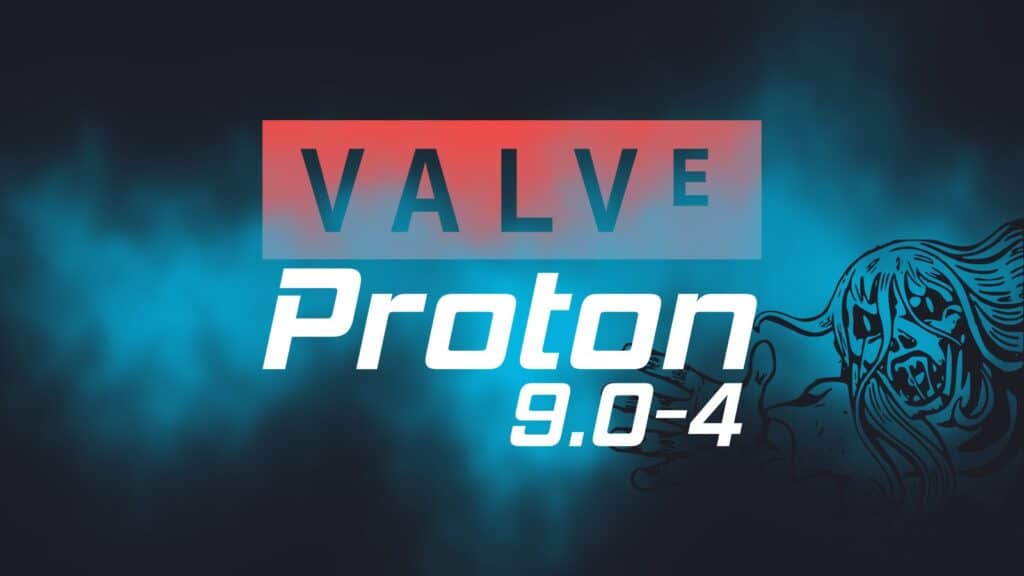Nearly three months after its previous 9.0-3 release, Proton 9.0-4 is here, bringing smoother gameplay, expanded support for new titles, and many essential bug fixes.
For the unfamiliar, Proton is a specialized version of Wine (developed by Valve) designed and tuned for gaming that allows you to play Windows titles on Linux through Steam. It’s part of Steam Play, meaning you can access an increasing number of Windows-only titles on your Linux machine. Now, back to the topic.
The new release now enables a wide range of games to run seamlessly right out of the box. Titles as diverse as APB Reloaded, Conqueror’s Blade, Cube Hero Odyssey, Disgaea 4 Complete+, and Hard Chip Demo have all joined the ranks of Proton’s “now playable” list.
Even more high-profile entries, like Sniper Elite: Nazi Zombie Army 2 (limited to AMD GPUs), Total War: SHOGUN 2, and the newly supported Test Drive Unlimited Solar Crown and Warhammer 40k: Space Marine 2, are now within reach. For those who have been itching to dive into atmospheric adventures like Welcome to Dustown, this release might just be the ticket.
Moreover, Proton 9.0-4 addresses some persistent issues players have encountered recently. Notably, Hell Let Loose has been stabilized to prevent those pesky crashes when connecting to servers, and Final Fantasy XVI no longer suffers from performance drags caused by excessive DLL lookups.
In addition, a few longstanding frustrations have been resolved, such as subtle input hiccups in Rivals of Aether II and unexpected crashes in Chromacell on AMD GPUs.
Meanwhile, a slew of behind-the-scenes improvements—like support for the NVIDIA Optical Flow API and DLSS 3 Frame Generation—promise smoother and more visually appealing experiences across the board.
This release is not merely about adding new titles or squashing bugs; it also brings back full functionality to several cherished favorites.
For instance, Hotshot Racing and Fablecraft regain their multiplayer capabilities, and the beloved puzzle-experience I Expect You To Die is once again fully playable. Classics like Star Wars: Knights of the Old Republic no longer open to a baffling black screen when in fullscreen, and lesser-known gems like Marlow Briggs and the Mask of Death are making their triumphant return to playability.
Other noteworthy adjustments include improved video playback in games like March of Empires and Devil May Cry 3 Special Edition, which is sure to please players who value smooth cinematic sequences.
Additionally, newly resolved issues range from improved font rendering in SpellForce 3: Versus Edition, to reliable mod support in DOOM Eternal, and even stable full-screen modes for titles like Dog Brew on Steam Deck.
To top it all off, the update refines system-wide stability, prioritizes new threads more intelligently, and reduces loading times in older titles such as Pharaoh Rebirth+.
It also enhances compatibility across multiple hardware configurations by ensuring games display correctly on systems juggling numerous monitors and GPUs.
Under the hood, Proton 9.0-4 incorporates a series of technology stack updates to ensure better performance and compatibility. Wine Mono has been upgraded to 9.3.1, offering more robust .NET framework support within games.
The graphics translation layers also received significant improvements: DXVK has been updated to v2.5.1 plus a regression fix, dxvk-nvapi to v0.7.1 for enhanced NVIDIA integrations, and vkd3d-proton to v2.13 to further improve Direct3D 12 support.
Additionally, vkd3d-shader has moved to vkd3d-1.14 plus a specialized “hack” to maintain optimal performance and stability.
Check out the changelog for more details and the complete list of novelties in Proton 9.0-4. Happy gaming!
